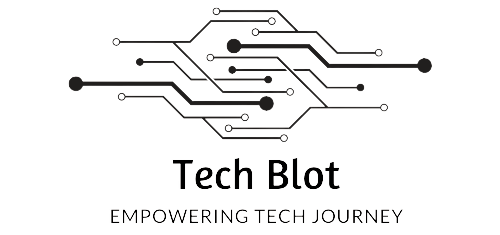If you are at home or office, driving in a car or flying in an airplane, multiplex or watching a movie on TV, you cannot do without electricity. Similarly, if you run a business in sectors like construction, mining, oil and gas, hospitality, healthcare or transportation, you also need electric power. If you run a commercial establishment then you also need electricity. Typically, you get continuous and electric power through a generator.
Let us see what generators are and find out about different types of generators and their applications.
What is a Generator?
Generators are devices that produce electrical power in the form of voltage and current. They generate electricity based on the law of electromagnetic induction.
Basically there are two types of generators known as Alternating current Generator(AC) and Direct current (DC) generators. While the technique of producing electricity is similar in both types, AC and DC power diverge in terms of their applications – the way electric power loads. For example, generators for home use supply AC power while cars use generator engines that produce DC power.
Types of Generators
Different types of generators are intricately connected to their applications. Depending on the application, the generator is divided into the following types.
Portable Generator
Portable generators are very useful in a wide variety of applications. They come in different power configurations suitable for a wide variety of uses.
Portable generators come in handy during natural disasters or disasters when grid power breaks down. They provide power during planned or unscheduled power outages. They are more suitable for residential purposes and small commercial establishments such as retail shops and shops, construction sites for powering small appliances, camping, outdoor weddings, outdoor events and agricultural equipment such as boring-wells or drip irrigation systems.
They are small and portable in shape and you can easily move them to your place here and there for your needs.
Inverter Generator
Inverter generators provide AC power and use rectifier circuits that convert AC power to DC power and then convert it to AC to provide a steady current to the equipment. These are very useful for appliances such as air-conditioners, refrigerators, automobiles, boats and recreational vehicles that require special values of voltage and frequency, which are capable of providing inverter generators. They are also light in weight and compact, so are highly suitable for such applications.
Standby Generator
Standby generators serve the intention of switching on automatically when grid power fails. These are very useful for residential apartments, hotels, restaurants, hospitals and commercial establishments connected to grid power.
Industrial Generator
The purpose of the generator in industrial and residential or small commercial is very different. Industrial generators or large commercial generators have to be more strong and hard and perform under harsh conditions. They are also required to provide a wide range of power supply characteristics – from 20 kW to 2500 kW, from 120 to 48 volts and from single-phase to three-phase supplies. Typically, these generators are more optimized than other types of generators.
There are many types of industrial generators and depending on the nature of the fuel used to drive the engine, they can be classified in other ways that help generate electric power. These carry fuels such as diesel, gasoline, natural gas, kerosene, and propane. Within the industrial generator category, there are portable industrial generators that are used in a wide variety of applications where large generators cannot be installed.
Induction Generator
These contain two types – externally excited generators and self-excited generators.
Externally excited generators find uses in regenerative braking applications needed in hoists, cranes, elevators and electric locomotives.
Self-excited generators find uses in windmills where wind as a non-traditional source of energy gets converted into electric power.
Conclusion
In today’s time, having a generator has become very important for everyone. Everyone wants to do their daily work without any hassle and also wants to make their life more comfortable by using all electrical appliances.
In this blog, we talk about the generator’s types and their applications. I hope this information useful for every reader.
It is very important to know about the generator before taking it. After knowing all its features, you will be able to choose a good and right generator for yourself. If you want more details related to the generator, you can contact our EO Energy support team.
Read more: What To Do If Your Internet Connection Does Not Connect Via Personal Hotspot?

